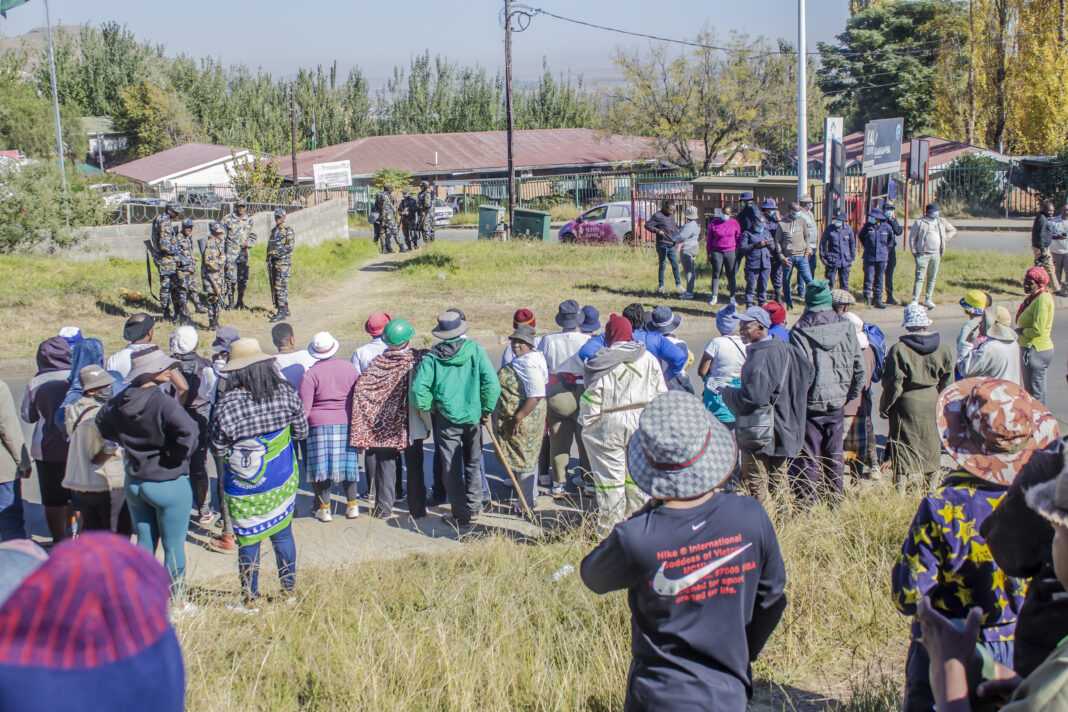Mokholoane Ramainoane
The government of Lesotho is pro a private sector-led economy, and since it came into power initiatives such as Sebabatso, Bacha Entrepreneurship Project, and CAFI projects, aimed at supporting Basotho youth and small businesses have taken center stage. For big industries, an inaugural Mining indaba – khotla, took place this year.
Interestingly a specific group within the private sector keeps on being overlooked, and disregarded as though it is non-existent – Baitšokoli – informal street vendors. This climax was reached when the pro-business government displaced vendors without finding suitable selling places for them to continue earning their right to life.
The actions of the Ministry of Public Works and Maseru City Council (MCC) are a clear indication that Baitšokoli, who form part of the micro and small enterprises are not regarded as pivotal in the economic development cycle of this country.
Urban aesthetics, public health, and development are said to be the reasons for eviction, but are they? Research and deeper analysis highlight otherwise. It is more about protecting established formal businesses and foreign interests.
Baitšokoli’s right to life is disregarded by both the Maseru City Council and the executive because they are seen as nobodies. This is why even funding projects are limited to the ‘registered and licensed’ small businesses as opposed to elevating these hard-working vendors.
Are Baitšokoli ever a part of development plans and strategies? Are they ever consulted? Does their say matter? If so, why are they always on the wrong side of development? My submission is, that this is all by design.
Mokholoane Ramainoane is a Development and Economic Broadcaster, holding an MPhil in Development Finance from the University of Stellenbosch Business School.




